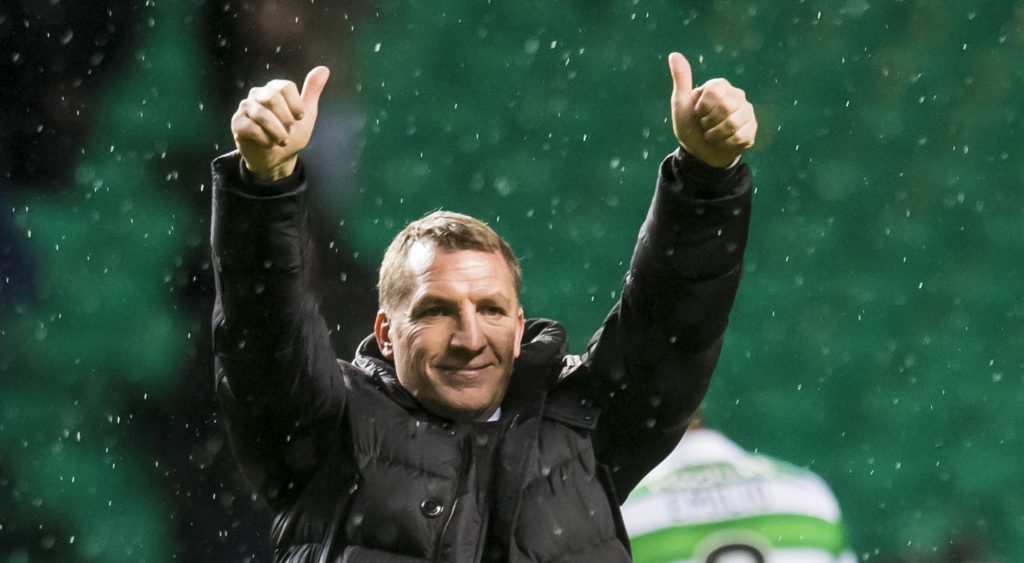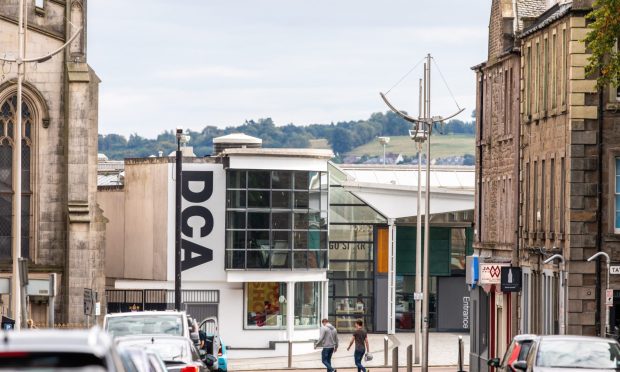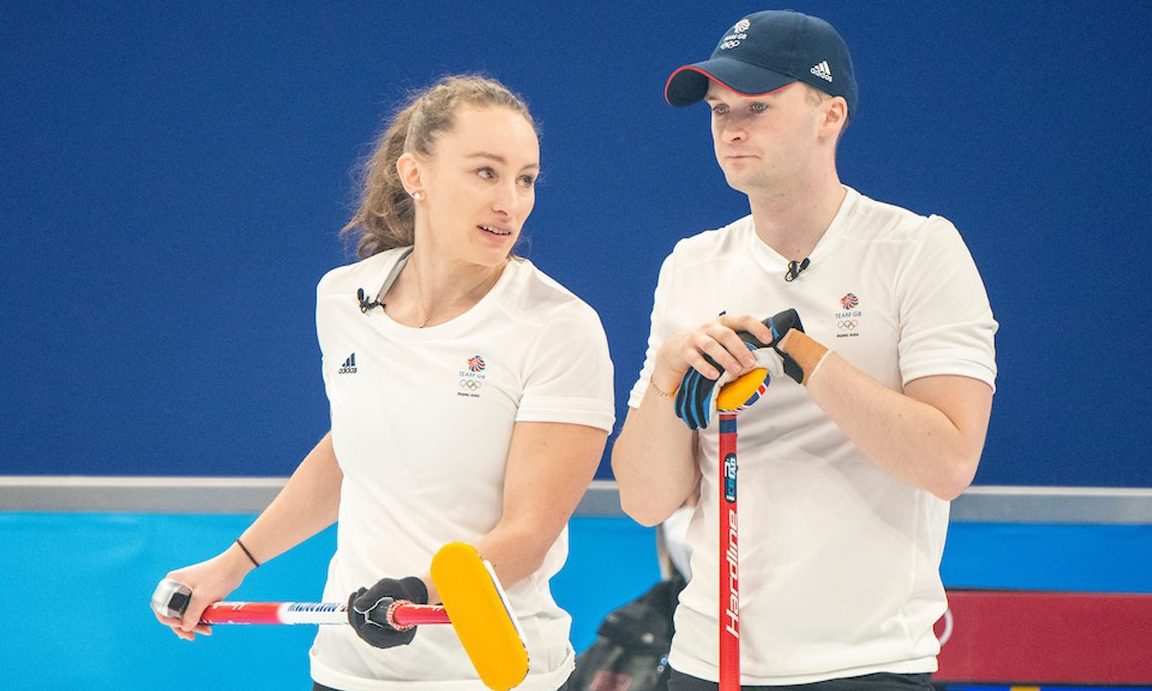January is football’s cruellest month, and not April, as TS Elliot suggested.
It’s the deadliest month for players, managers, and fans alike.
It’s cruel because it’s the month in which the transfer window exposes a host of hopeless signings: a litany of lost souls fumbling for form, seeking to escape injuries, and trying to find the fitness which it’s hoped will resurrect careers heading downhill faster than an alpine skier.
It’s a month which confirms for many players that they have absolutely no future at their current club, which is trying feverishly to offload them like a 10-year-old banger shortly due its MOT.
It’s also a dangerous month for managers.
Players who are available in January are available for many reasons, ranging from lack of opportunity to lack of ability.
It’s a dangerous time for chairmen.
Desperate for the new face to stiffen the defence or sharpen the attack or bolster the midfield, they can be easy targets in their desperation for the wide boy agents who just happen to have in store what the doctor ordered. Often the doctor turns out to have been a quack and the medicine can be fatal.
As the fans pile the pressure on for the wonder signing who will transform the season, the boardroom knees can wobble with the panic virus, and managers can catch a whiff of the contagion.
Good judgment and a tight budget can be blown to smithereens in one bad move which can rebound disastrously for the rest of the season and lay low all further ambitions.
When money is short, and it usually is at most clubs, one in one out tends to be the policy.
The problem is that the old adage, ‘better the devil you know’, tends to only be remembered after it quickly becomes apparent why the new signing was so readily available.
The search for the player who might galvanise both the season and the team is like the search for truffles.
Even the keenest of managerial noses can pick up the wrong scent, and the stink can be pretty overpowering when the stench of a rank rotten signing settles over the dressing room.
The January transfer window can let in a draught which causes a severe chill: that in turn can prove deadly for the ambitions of fans, chairmen, and managers alike.
* The Celtic manager Brendan Rodgers says artificial surfaces affect the quality of football played on them and says he’s yet to see a good game on a plastic pitch.
In an ideal world top quality grass surfaces would always be used, but that isn’t practical in Scotland with the lack of money and playing through the winter.
Most young players coming into the game now have cut their teeth on 3G surfaces at youth level and are well used to them.
That doesn’t mean they are anywhere as good as grass, but they are developing all the time, and with hybrids and technological innovation, the day will arrive shortly when top class games may also be played on the kind of surfaces which upset the football traditionalists and purists.










